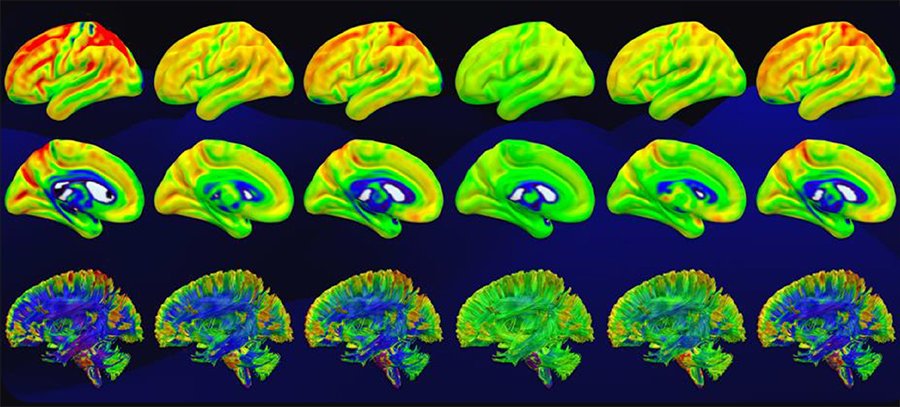Proposal
MITOS – Mapping Mitochondria to Health and Medicine
Proposal for a Networked Institute Devoted to Defining the Potential for Mitochondrial Understanding for Making Major Advances in Health and Disease
MITOS™ is a new, networked institute devoted to comprehensively understanding the role of mitochondria in health and disease. MITOS will interpret and integrate basic mitochondrial biology, biochemistry and bioenergetics and mitochondrial discoveries, through laboratory research, artificial intelligence, and computational biology, into traditional medical practice to begin the process of starting a new mitochondrial science and informatics.
Long thought of as simply the “powerhouse of the cell” (responsible for ATP energy production), mitochondria have their own DNA (mtDNA) and are complex foundational, life-building and life-sustaining organelles, inherited from mothers. We now know mitochondria power and control many processes that had previously been assumed to be controlled solely by the nuclear genome. These critical functional roles include immune response regulation, cell life and death signaling, body temperature production and modulation, and complex signaling (see Table 1).
Mitochondria are, in fact, the full-scale partner of the nucleus in running cells. The nuclear DNA of the nucleus, plus the hundreds-to-thousands of mitochondria per cell, make-up the primary dual DNA carrying systems in the cell. The nucleus controls genetic information derived from both parents, while mitochondria control energy and “production,” derived from the mother. Together, in partnership in the cell, the continual and fast-paced nuclear-mitochondrial DNA interactions, along with the supporting cast of other organelles, play a critical important role in life and disease.
Given the fundamental symbiotic role of mitochondria in life, and in a range of diseases and dysfunctional states, it begs the question: How could this key organelle that is so foundational to human health have been effectively excluded from the scientific, research, and medical calculus for so long? One reason is that mitochondria have been typecast as solely energy producers for so long that the paradigm shift from the “powerhouse of the cell” to an integral participant in cellular biology is yet to be solidified. A second potential cause is limiting mitochondrial research to just primary mitochondrial diseases. Western Medicine has been overly dominated by organ-specific and disease-specific research and treatment, narrowing human health research to a narrow combination of organs and diseases as opposed to recognizing factors that impact the entire body. It is clear that a range of diseases affecting multiple organs and difficult to solve chronic illnesses point to a need to decode mitochondrial function and look for evasive cures.
Attribution, Michel Thiebaut de Schotten, Mitochondrial Distribution in Human Brain

